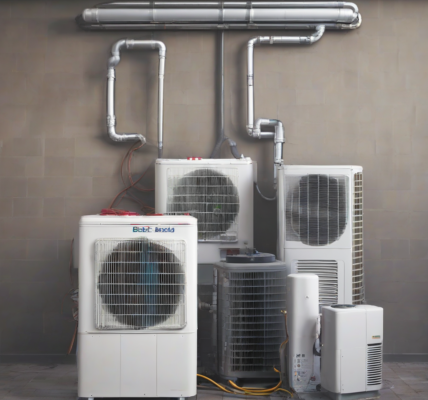Amherst, NH Transfer Station: Your Comprehensive Guide to Waste Disposal and Recycling
The Amherst, NH Transfer Station serves as a vital hub for waste management within the community. This guide aims to provide residents with a comprehensive understanding of its operations, services, and regulations, ensuring responsible and efficient waste disposal.
Location and Hours of Operation
The precise location and contact details of the Amherst Transfer Station should be verified through the official town website or municipal resources. This information is subject to change. Always confirm the most up-to-date details before visiting.
Typical hours of operation are often seasonal, with extended hours during warmer months and potentially reduced hours during the winter. Be sure to check for any holiday closures as well.
Acceptable Waste Materials
The Amherst Transfer Station accepts a variety of waste materials, categorized for efficient processing and recycling. Understanding these categories is crucial for proper disposal.
Household Trash
- Regular household garbage, excluding hazardous materials.
- Food scraps (generally, but check for local composting programs).
- Packaging materials that are not recyclable.
- Diapers and other hygiene products.
Recyclable Materials
Amherst likely participates in a curbside recycling program or offers specific recycling options at the transfer station. The accepted materials typically include:
- Newspapers and magazines.
- Cardboard (flattened).
- Aluminum cans.
- Steel and tin cans.
- Glass bottles and jars (color-sorted).
- Plastic bottles and containers (check for numbered resins).
It’s essential to rinse and clean recyclable materials before disposal to avoid contamination.
Yard Waste
Yard waste disposal is typically managed separately. This might include:
- Grass clippings.
- Leaves.
- Branches (size restrictions may apply).
- Shrubs and bushes.
Amherst may have specific guidelines regarding the size and type of yard waste accepted, as well as designated areas for its disposal. Check the town website for details.
Construction and Demolition Debris (C&D)
Construction and demolition debris often requires separate handling and potentially additional fees. Acceptable materials might include:
- Wood (treated lumber may have restrictions).
- Concrete and asphalt.
- Drywall.
- Brick and masonry.
Contact the Amherst Transfer Station directly for details on C&D disposal procedures and any associated costs.
Hazardous Waste
Hazardous waste is not accepted at the regular transfer station. This category includes materials that pose risks to human health or the environment:
- Paints and solvents.
- Batteries (car and household).
- Motor oil and other automotive fluids.
- Pesticides and herbicides.
- Electronics (e-waste).
Amherst likely participates in a hazardous waste collection program, often organized through the county or state. Check for scheduled collection events or designated drop-off locations.
Other Materials
Beyond the common categories, the Amherst Transfer Station may accept or have specific guidelines for other materials. Examples might include:
- Appliances.
- Tires.
- Mattresses and box springs.
Confirm the acceptance and any associated fees for these items before bringing them to the transfer station.
Fees and Payment Methods
The Amherst Transfer Station likely charges fees based on the type and amount of waste disposed. This might involve:
- Per-load fees (based on vehicle size).
- Per-item fees (for specific items like appliances or tires).
- Weight-based fees (for larger quantities of waste).
The accepted payment methods should be clearly stated on the town website or at the transfer station itself. Common options include cash, check, and potentially credit/debit cards.
Regulations and Guidelines
Residents are expected to adhere to specific regulations to ensure the smooth operation of the Amherst Transfer Station and the safety of personnel.
- Proper sorting of materials.
- Securing loads to prevent spills or scattering of waste.
- Adherence to posted speed limits and traffic rules within the facility.
- Following instructions from staff.
- Appropriate disposal of hazardous materials through designated channels.
Failure to comply with regulations may result in fines or other penalties.
Contact Information and Further Resources
For the most accurate and up-to-date information on the Amherst, NH Transfer Station, including hours, accepted materials, fees, and regulations, always refer to the official town website or contact the municipal offices directly. Information provided here is for general guidance only and may not reflect current practices.
Staying informed about local waste management practices ensures responsible disposal and contributes to a cleaner and healthier community.




